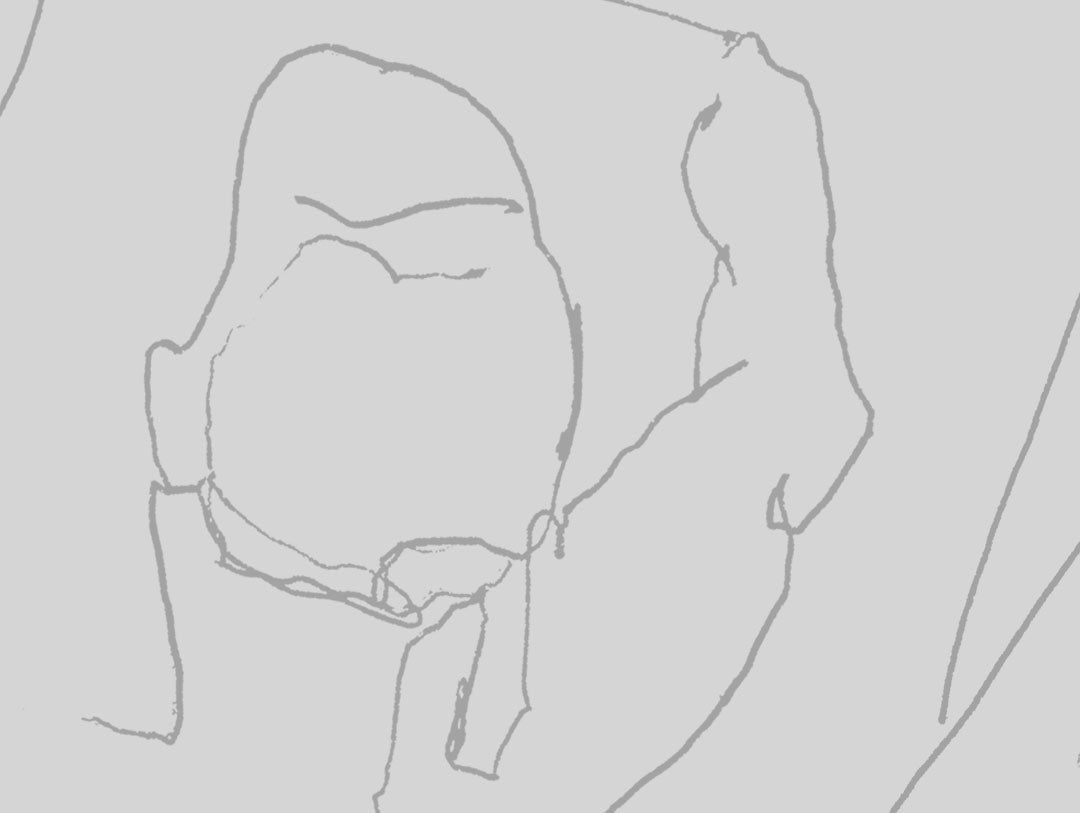THE INDIVIDUAL, THE ANTI-UNIVERSAL
P E N S É E S
“All that is individual, incomplete, diverse is claimed to be merely preliminary, superficial and inadequate,” wrote Austrian-born British philosopher Sir Karl R. Popper. What he meant by that was that totalitarian systems, which strive for unity and wholeness, perceive plurality and individuality as a threat. Another philosopher, François Jullien, identified “the Universal” as the foundation of such closed systems: “The Universal considers itself as complete, as a final achievement, and it no longer asks whether something might be missing; it rests in its positivity and sees no reason for further progress. It does not initiate anything anymore.” A static Universal, doomed to stand still: Nothing happens anymore.
Brave new world - standardized, entertained, administered; a herd of citizens.
JULI ZEHOpen societies need the Individual, it is the only possibility for plurality to develop. What is this Individual, what does it do? It is non-static, constantly in motion, constantly changing, standing out from the Uniform, constantly questioning itself. It is the only way for new things to arise, it is the only way to escape what author Juli Zeh, in her novel “Unterleuten”, called a “brave new world - standardized, entertained, administered; a herd of citizens”.
Where does one find one’s Individual, which leads to plurality, openness, and eventually to something new? Frequently, it can be found in the gap, in the “active, inventive Between” (see posting “The Between”), and it is always located outside the Uniform, outside the herd that never asks why.
Recommended reading:
- Sir Karl Popper: The Open Society and Its Enemies
- Francois Jullien – There Is No Such Thing as Cultural Identity
- Julia Zeh, Unterleuten
ARTICLES FROM OUR MAGAZINE

PENSÉES: MA - NEGATIVE SPACE
“The pause is also part of the music,” Stefan Zweig once said. About the question if the „Nothing“, the „Between“, the break, the gap is really a „Nothing“.

PENSÉES: TROUBLEMAKERS
A philosophy about troublemakers: about egocentrics, self-dramatizing eccentrics, destroyers and also heroes and heroines on the thresholds of an order which they shake. Also about borders of a system that should have been questioned a long time ago.

DIE NEUE FREIHEIT, UNSER LEISES ERWACHEN UND DER DUFT DES FRÜHLINGS
Wir sind wieder da, aber anders. Über die Wandlung der Sprache und Uniformität der Tage; Aufbrüche in eine neue Zukunft, Wege ins Unbekannte, Ungewisse und Unsichere; über die Ausdehnung des Selbst nach der Coronakrise und das Sinnvolle der grenzenlose Gefühle.

